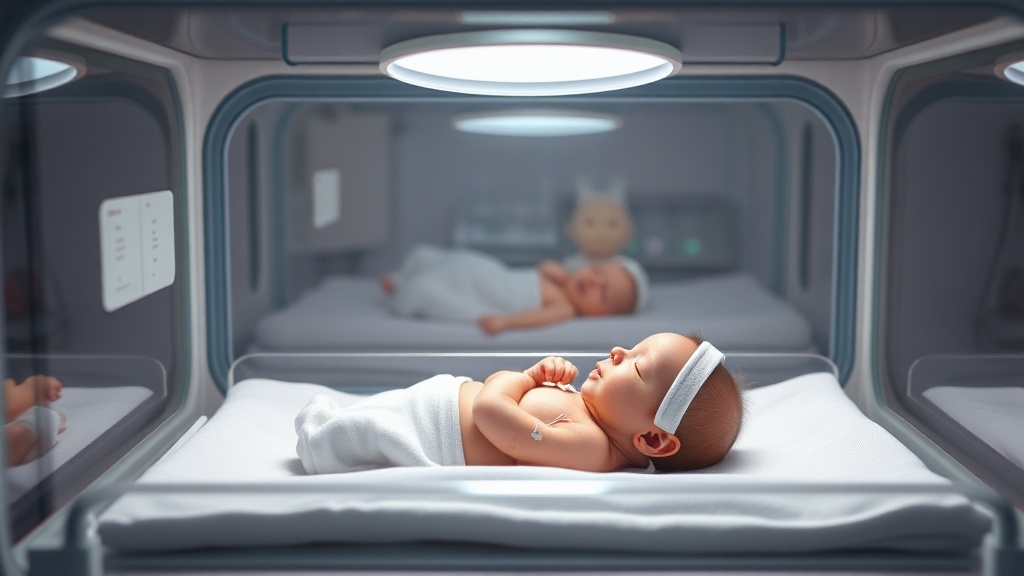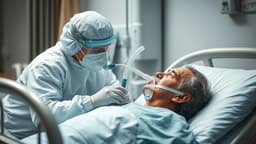Home / Health / New Hope for Newborns: Fighting Superbugs
New Hope for Newborns: Fighting Superbugs
25 Nov, 2025
Summary
- NeoSep1 trial tests antibiotic combinations for neonatal sepsis.
- Antimicrobial resistance causes up to 214,000 newborn deaths annually.
- Repurposed older drugs, fosfomycin and flomoxef, are key trial elements.

NeoSep1, a pioneering clinical trial spanning eight countries, is developing new treatments for neonatal sepsis, a devastating infection causing an estimated 800,000 newborn deaths each year globally. The trial focuses on identifying effective and safe antibiotic combinations, particularly to combat escalating antimicrobial resistance (AMR), which contributes to hundreds of thousands of these tragic deaths. Researchers are comparing new regimens with current treatments.
The study is notably repurposing older, affordable antibiotics like fosfomycin and flomoxef, which have a long history but have not been widely used in Africa for sepsis. By testing these in new combinations, the NeoSep1 trial aims to improve dosing information, identify causative organisms, and discover new treatment pathways. The research is crucial as many existing antibiotics are becoming ineffective against evolving bacteria.




